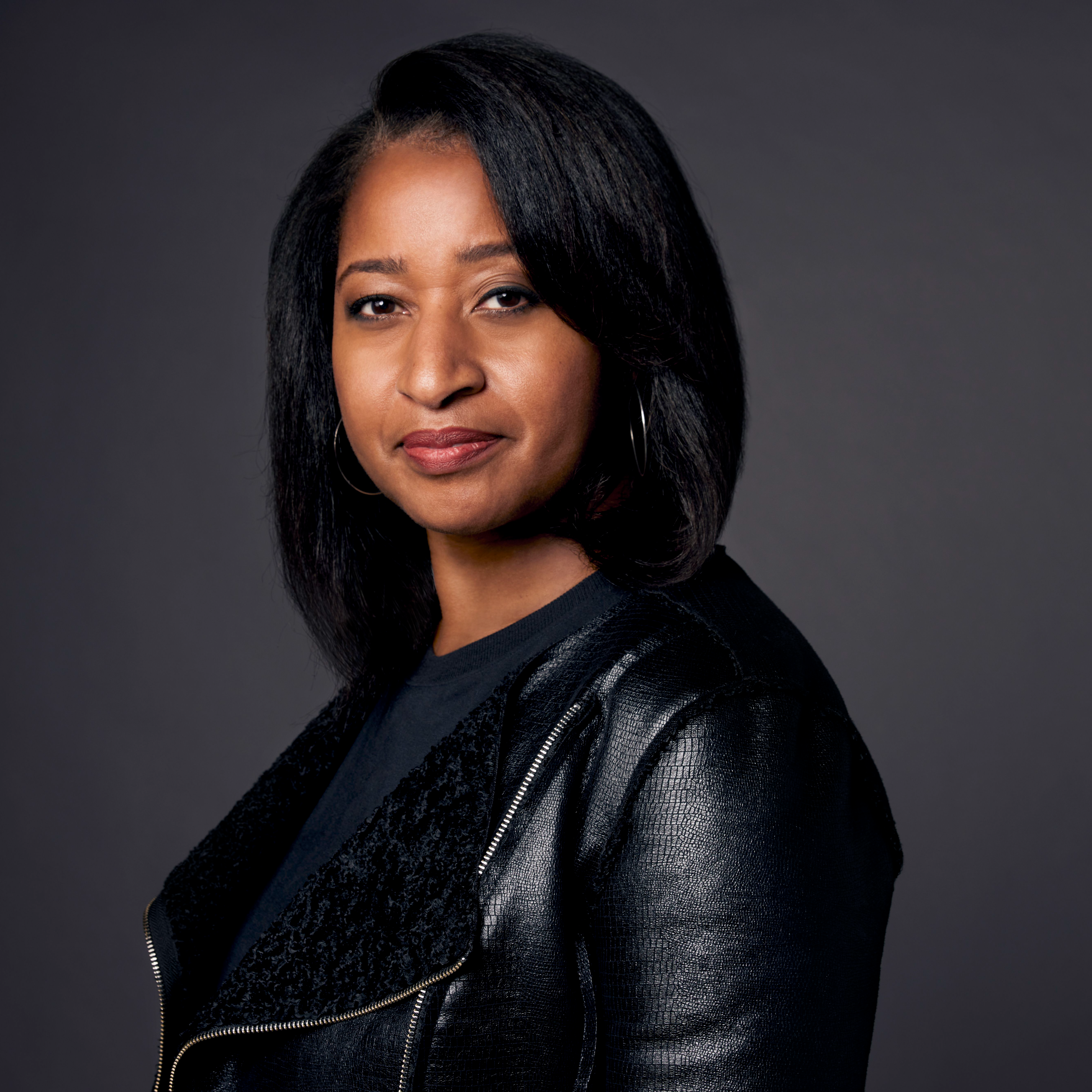RHONE: It’s hard to move from talk to action when addressing inequity

Curiosity led me to the Sylvan Building on Hotel Row, a section of Mitchell Street in the rebranded neighborhood of SoDo, or South Downtown.
I was looking for the latest outpost of the Atlanta City Studio, a roving pop-up design laboratory launched in 2016 by the Department of City Planning. Residents can stop by to weigh in on how city design can address issues such as inequality, sprawl development and congestion.
I was expecting to walk into a space with a hip vibe and residents deep in discussion about how to solve the city’s most intractable issues. Instead, I found a locked steel gray door.
It seemed I was in the right place at the wrong time. No one was there that day.
Days earlier, ACS had hosted a discussion on “Just Action,” the 2023 follow-up book to “The Color of Law,” Richard Rothstein’s seminal examination of government-sanctioned segregation across the U.S.
“Just Action,” co-authored by Rothstein and his daughter, Leah Rothstein, offers a guide for how people can push certain institutions that imposed segregation, such as banks, real estate agencies and government entities, to help reverse the harms done. At ACS, I wanted to see how the city was turning those lessons into action.
My interest was self-serving. For years, I have been haunted by unsettling feelings that I missed an opportunity to confront inequities in my own community.
In the pre-pandemic, pre-racial reckoning era, I was part of a multiracial group of moms with a loosely defined goal to influence our charter school’s mission, curriculum and culture. We began meeting in each other’s homes, rotating each month.
We established a level of comfort with sharing our lives and experiences, talking about how the school might serve an increasingly diverse student population that included those from wealthy and working-class families, those who were gifted and academically challenged.
The truth? All of us weren’t ready to continuously wade through the deeply personal and difficult conversations that would come up surrounding race, politics, economics, police brutality, public health and more. Those of us who managed to stick with it sometimes left the conversations feeling emotionally spent.
In late 2020, we drafted goals with the intention of harnessing our collective power as a multiracial committee of moms. Many of us wanted to push for inclusiveness and to create a parent advisory committee. But even putting our mission into written words didn’t fully mobilize us.
It is easy to stay in the talking phase for too long and convince yourself that you are doing something important. At some point, you must look at actions you can take to push for change. Our group couldn’t get there, and two years after the pandemic hit, we fizzled out.
The difficulty of moving from words to action is what prompted Leah Rothstein to agree to help her father write a book that was more instructive.

But, even with her background in housing policy, community organizing and local government, Rothstein said she didn’t know initially how to make meaningful change. So the two of them did some research. “Both of us felt an obligation to the readers of the ‘Color of Law’ and to people around the country to help explain that it isn’t rocket science. It isn’t impossible, and there is a lot we can do.”
Rothstein said they consolidated ideas from communities nationwide to give readers a road map. In one example, when two retired schoolteachers in Modesto, California, learned of restrictive covenants in their community, they approached the local high school and asked students in advanced placement history to spend the summer helping them catalog 90 subdivisions that had the discriminatory policies. In doing so, the women transferred their knowledge to younger generations who could see the very real impact these policies had on their lives.
Similar conversations were happening in metro Atlanta, as well. In 2021, I met a group of 12 men from two United Methodist Churches in Alpharetta, one congregation was Black while the other was white. The men started gathering and, over time, developed a curriculum for other churches or groups to begin working toward racial reconciliation. They hoped , by promoting more racial understanding, they could begin to change attitudes.
What if my coalition of moms had spread our knowledge about the evolution of the neighborhood the charter school was in? And what if that knowledge had sparked more parents to work toward understanding and erasing the developing divide? What if we had established a protocol for talking to school officials about the kind of concerns we discussed in our small group?
I wondered if I was being too critical of our efforts, so I called up one of the members. She acknowledged how exhausting it could be to keep plugging along when it feels as if you are going nowhere, but reminded me that repair and trust are ongoing and necessary for any forward motion.
Our group has since disbanded. Some of our kids, once the main connection point for such a diverse group of women, now attend several different schools.
I often think about that lost opportunity; how ripe that moment was for change and all the things we could have done as a group. But I also know the country is again on the verge of big shifts.
And in the right place, at the right time, I’ll be ready for action.
Read more on the Real Life blog (ajc.com/opinion/real-life-blog), find Nedra on Facebook (facebook.com/AJCRealLifeColumn) and X (@nrhoneajc) or email her at nedra.rhone@ajc.com.



